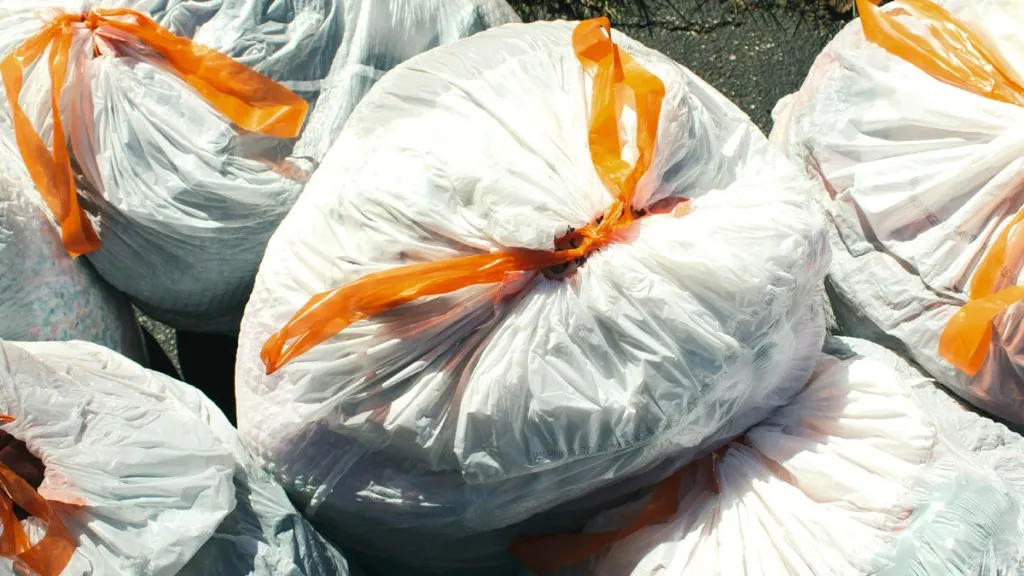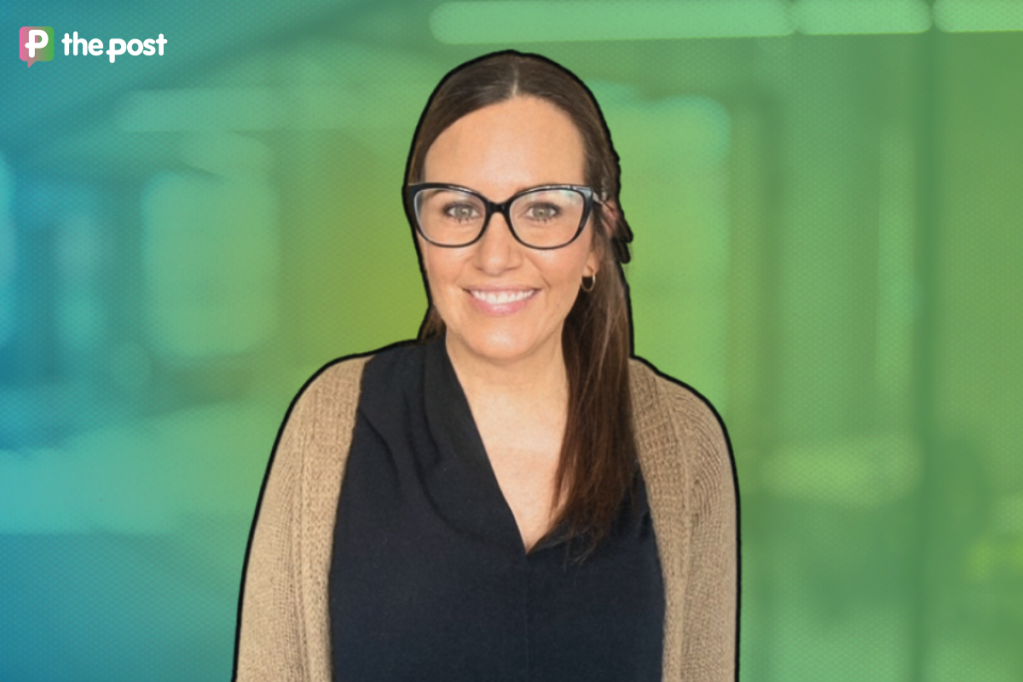Ask the Expert: The pros and cons of using super to buy a home in retirement

Question 1
I’m a 64-year-old single female, working full time, who doesn’t own a house.
I have two super funds. One with approximately $530,000 and one with approximately $60,000.
I know that when I turn 65 I can access all my super. I was wondering if it would be an idea to buy a house when I turn 65? I live in a regional area so prices are not as high.
I know I will have to keep working until who knows when. But I don’t like the idea of not having a permanent home now that I’m older. Also, would it be an idea to roll the smaller fund over into the bigger fund?
Using your super to provide you an income or to buy a home? This can be a tricky decision based on many financial and personal preferences.
The good news is that you have nearly $600,000, so it does provide you with options.
Single renters living off only the age pension are one of the biggest groups that struggle financially.
Having a home provides security, peace of mind and lowers ongoing living costs. These are, of course, all great positives.
If you do go down the property route, it is worth investigating if there are stamp duty exemptions or discounts for someone in your situation in your state. These can save you tens of thousands of dollars.
You might like
For example, in Victoria, if you waited until age 67 and in receipt of the age pension, you could be totally exempt from paying stamp duty if the home is less than $750,000. This is a one-off exemption and details are here.
Speaking of the age pension, this is another area that should be considered.
If you buy a home, you would then likely receive the full age pension as your assets would be below $314,000.
However, as a non-homeowner, you may only receive a part age pension as your assets would be above $566,000.
Over time you may become a full pensioner once your assets dip below this level. And if renting, you would also likely be eligible for rent assistance depending on the amount of rent paid.
If you decide to buy, you may find it difficult to obtain a loan given your age. I would recommend you don’t spend all of your super on a home – try to keep some aside for home maintenance and unexpected expenses.
To help inform your decision, I suggest using a budget planner to work out what your ongoing income and expenses will be in retirement.
As you approach retirement, yes, combining all of your super into one low-fee, high-performing fund would make sense.
Question 2
I am 80 years old and have $750,000 in investment, $300,000 in superannuation, $60,000 in the bank and shares worth about $200,000.
I own my own home. I have no children, but nephews and nieces who will inherit everything.
I am wondering whether the government will take any part of their inheritance when I pass?
There are no inheritance taxes in Australia. They were abolished in 1979.
Interestingly nearly two-thirds of countries in the OECD do have inheritance taxes. It’s one way those countries can keep other taxes lower, such as income tax.
Stay informed, daily
We don’t know what is going to happen in the future, but it seems unlikely politically that an inheritance tax will be introduced into Australia anytime soon.
About superannuation though, there is some tax that may be applied. After death, when funds are passed to what is classified as a non-tax beneficiary, the “taxable” component of your superannuation is taxed.
Most commonly, a beneficiary who doesn’t have to pay the tax would be a partner, child under 18 or someone who is financially dependent on you (may include adult children).
For everyone else, tax is applied at a rate of 17 per cent (including Medicare).
Therefore, tax could be up to $51,000 on your current super balance ($300,000 x 17 per cent). Note, it will be lower if you have any tax-free components – your super fund can let you know your tax-free component, if any.
If you are drawing down on super to provide an income and the balance is lower at death, then the tax would also be lower.
As you are over 75, you can no longer complete a cash out and re-contribution strategy. I have covered that previously.
If you are concerned about this tax, the only other approach would be to ensure you have withdrawn all funds from super before you die.
Question 3
Where can I invest money to earn 7.8 per cent to offset the reduction in my aged pension after I receive an inheritance?
What you are referring to is that you could lose up to $3 a fortnight ($78 a year) for every $1000 you have over the asset-free area, i.e. 7.8 per cent a year.
First, the purpose of this rule is so pensioners provide for themselves before obtaining/maximising age pension payments.
A substantial inheritance can greatly reduce or even eliminate your eligibility for the age pension. However, you now have a large inheritance.
The 7.8 per cent return just assumes you will live off the interest and not spend down on those funds. If you do start spending down your savings, your age pension will increase again.
You could pre-pay a funeral or buy a funeral bond. These funds are not assed by Centrelink.
However, no place will guarantee a 7.8 per cent return.
Like any other investment, you would need to work out what you want to do with the funds (save/invest/spend etc), over what time frame and consider your approach to accepting some risk (or not) before investing the funds.
Craig Sankey is a licensed financial adviser and head of Technical Services and Advice Enablement at Industry Fund Services.
Disclaimer: The responses provided are general in nature, and while they are prompted by the questions asked, they have been prepared without taking into consideration all your objectives, financial situation or needs.
Before relying on any of the information, please ensure that you consider the appropriateness of the information for your objectives, financial situation or needs. To the extent that it is permitted by law, no responsibility for errors or omissions is accepted by IFS and its representatives.







